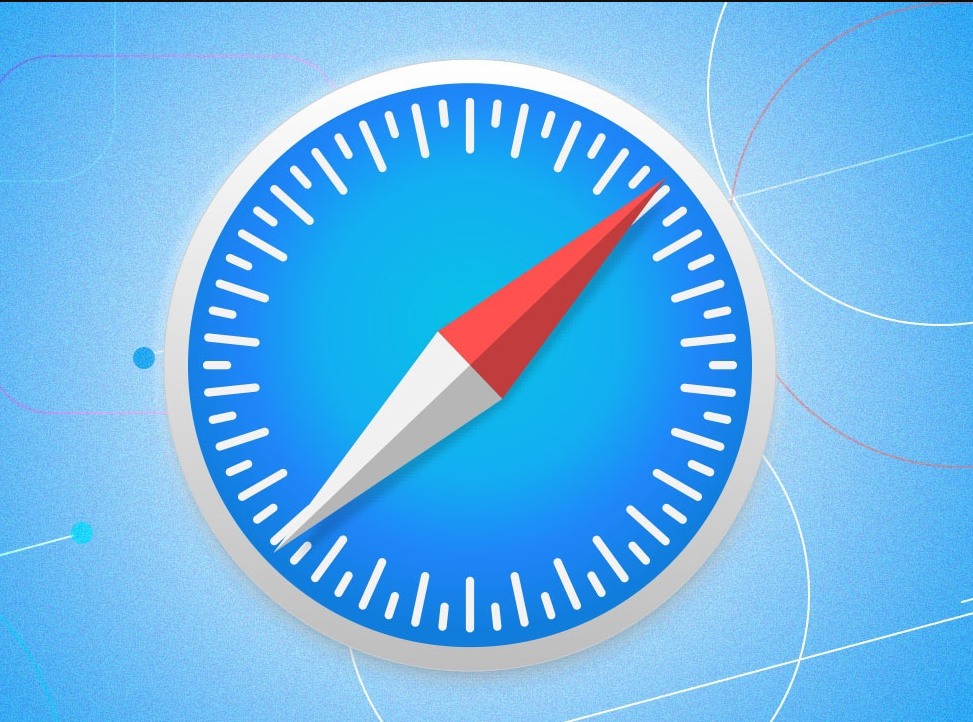Ever wonder why your online experiences feel so personalized? That's the sweet symphony of data at work, with first party cookies playing a crucial role. They're the unsung heroes enhancing your digital journey, ensuring it's tailored just for you.
But there's more to these tools than meets the eye. As you delve deeper into their world, you'll uncover how they impact privacy, marketing, and even your future online interactions.
Let's master the art of managing your cookies, shall we?
Understanding First-Party Cookies
You might've heard the term 'first party cookies,' but let's delve into what they really are and how they affect your online browsing.
First-party cookies are tiny data packets that websites store on your device when you visit them. These are your website's loyal servants, storing user-specific information like logins, preferences, and other data that makes your browsing experience smooth and personalized. They're like your website's memory of you, recalling your preferences every time you visit.
But, they're not all rosy. They can be privacy concerns, as they can track your online behavior. Despite this, they're essential for a seamless online experience. Understanding them can help you make informed decisions about your online privacy.
The Role of Cookies in Personalization
So, how do these first party cookies actually contribute to personalizing your online experience?
When you visit a website, these cookies store data about your preferences and behaviors. They remember the pages you've visited, the items you've clicked on, and even the time you've spent on certain sections.
This data is then used to customize your future interactions with the site. For instance, if you've been browsing novels on an online bookstore, your next visit might display recommendations for similar books. This level of personalization can make your online experience more enjoyable and efficient.
Importantly, it's all based on your consent. You control what cookies can do and how your data is utilized.
In essence, first party cookies empower you to tailor your own digital world.
Privacy and First Party Cookies
But how does this personalized experience align with your privacy when using first party cookies?
First party cookies are stored by the website you're visiting, enabling them to recall your preferences and improve usability. But what about your privacy? These cookies don't share your information with third parties. They're like a personal assistant, remembering your preferences, but not gossiping about you.
However, the potential for misuse exists if a website decides to sell your data. It's crucial to be knowledgeable about the privacy policies of the sites you frequent. You have the power to manage your cookies. You can delete them or adjust your browser settings to limit their activity.
It's about finding a balance between convenience and your comfort with sharing personal data.
The Connection Between Cookies and Marketing
In the digital marketing world, first-party cookies play a crucial role in tailoring your online experience, providing advertisers valuable insight into your preferences and online behavior. They're the silent conductors of the symphony of data, pulling the strings in the background.
The Connection Between Cookies and Marketing
First-party cookies allow marketers to:
- Understand your interests: They monitor the pages you visit and identify your preferences.
- Personalize your experience: They remember your settings and choices, providing a unique user experience tailored just for you.
With such information, marketers can create targeted campaigns that resonate with you, enhancing your online journey. Essentially, through the lens of first-party cookies, marketers see you not as a faceless user but a valued individual with unique needs and preferences.
How to Manage Your Cookies
Managing your cookies isn't as daunting as it might seem, and understanding how to do this can significantly enhance your online experience.
You can easily access your cookie settings in your web browser's options or settings menu. From here, you can choose to accept all cookies, reject all cookies, or selectively accept cookies from certain websites.
Importantly, rejecting all cookies might hinder your online experience as many sites rely on cookies for essential functions. If you're worried about privacy, consider using your browser's 'private' or 'incognito' mode.
Regularly clear your cookies to keep your browser running smoothly. Cookies are a vital part of the web, and managing them effectively ensures a harmonious online experience.
Future of First-Party Cookies
While you're getting the hang of managing your current cookies, it's also important to consider what the future holds for first-party cookies. As technology evolves, so does the way we use and interact with cookies. Here's what you can expect:
- Increased regulation and consumer privacy concerns:
- Stricter laws may limit how cookies can be utilized
- Enhanced transparency will let users know how their data is being used
- Technological advancements and changes:
- More sophisticated cookie management systems
- Potential phasing out of cookies with alternatives like Google's Federated Learning of Cohorts (FLoC)
These shifts are set to redefine the landscape, so it's crucial to stay updated. Remember, your aim is to provide a seamless user experience while respecting privacy rights.
Frequently Asked Questions
How Can One Differentiate Between First-Party and Third-Party Cookies?
You can distinguish between first-party and third-party cookies by who's setting them. When you visit a site and it sets a cookie directly, that's a first-party cookie. It's helping enhance your user experience on that site.
But if a cookie is set by someone other than the site you're visiting, that's a third-party cookie. It's typically used for tracking and advertising purposes.
Understanding this difference helps you better manage your online privacy.
What Are the Risks Associated With First-Party Cookies?
First-party cookies aren't risk-free. They track your online behavior, creating a potential privacy concern. If a site you frequent is hacked, your data could be compromised. Imagine leaving footprints in the sand, only to have someone follow your path. It's a bit like that.
Despite this, they're instrumental in personalizing your web experience. So, it's about weighing the benefits against potential risks, and deciding what's best for you.
Can First-Party Cookies Be Used for Malicious Purposes?
Yes, first-party cookies can be used for harmful purposes. They're often utilized to remember your preferences on a website, but malicious actors can exploit them. They can potentially capture sensitive information or track your online activities, leading to privacy issues.
How Do Cookies Impact the Overall Loading Speed of a Website?
When you visit a website, cookies can slightly slow down the loading speed as they need to be downloaded to your device.
However, on subsequent visits, cookies actually speed up the loading process. They've already stored certain information, so your device doesn't have to re-download it.
Are There Any Legal Regulations in Different Countries Pertaining to the Use of First-Party Cookies?
Yes, there are legal regulations governing the use of first-party cookies.
- Europe: The General Data Protection Regulation (GDPR) requires businesses to obtain user consent before storing cookies on users' devices.
- California, USA: The California Consumer Privacy Act (CCPA) mandates disclosure about cookie usage and provides rights to consumers regarding their personal information.
- Australia: Under the Privacy Act 1988 and the Australian Privacy Principles (APPs), there's an obligation to manage personal information in an open and transparent way. This includes informing users about the use of cookies, particularly when they collect personal information, and obtaining their consent.
It's like baking a cake: just as you need to inform someone about the ingredients in the cake, you also need to inform and obtain consent from website users about the use of cookies.
Conclusion
So, just like a conductor guides an orchestra to create a harmonious melody, first-party cookies orchestrate your online experience. They're not the villains of your digital story, but the unsung heroes, making your browsing personalized and seamless.
As with any power, however, it's important to wield it wisely. Stay informed, manage your cookies, and look forward to a more harmonized internet experience.
After all, we're moving towards a symphony, not a cacophony, in the digital world.













